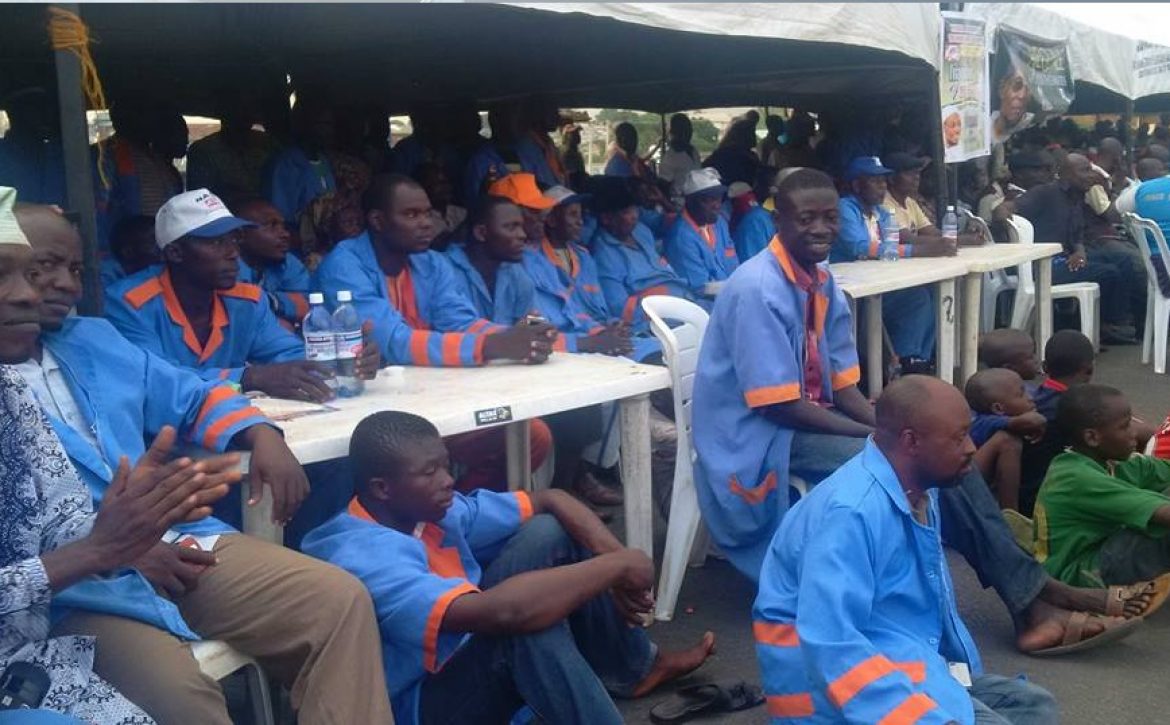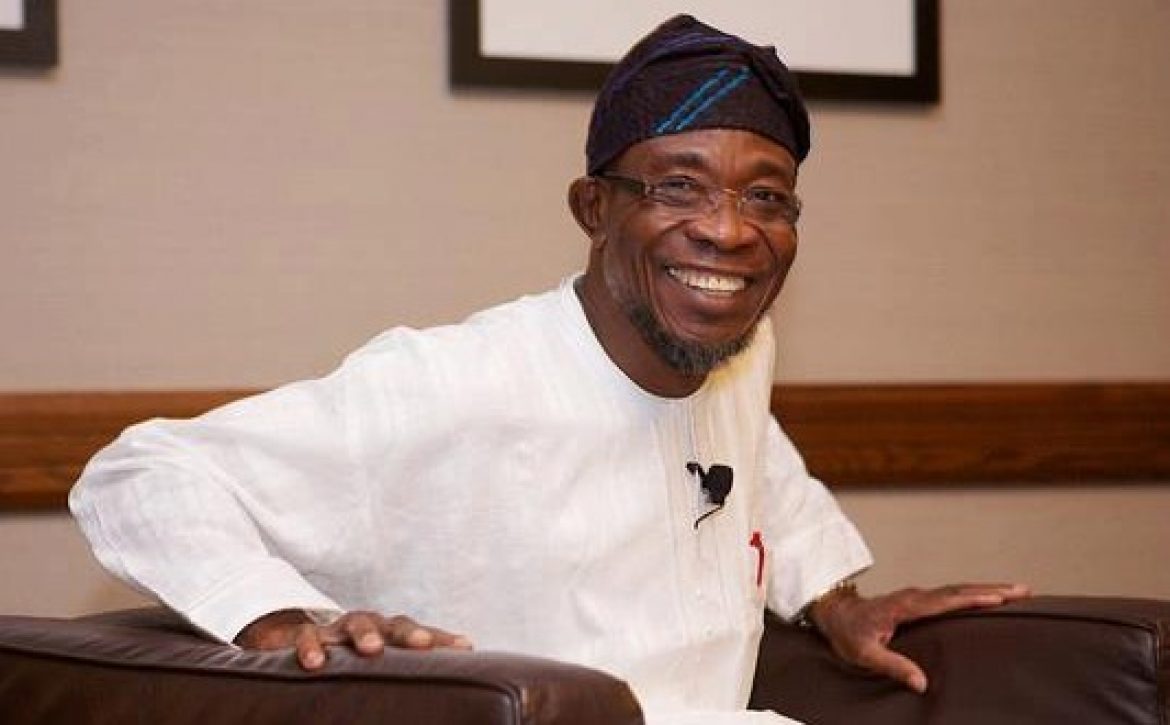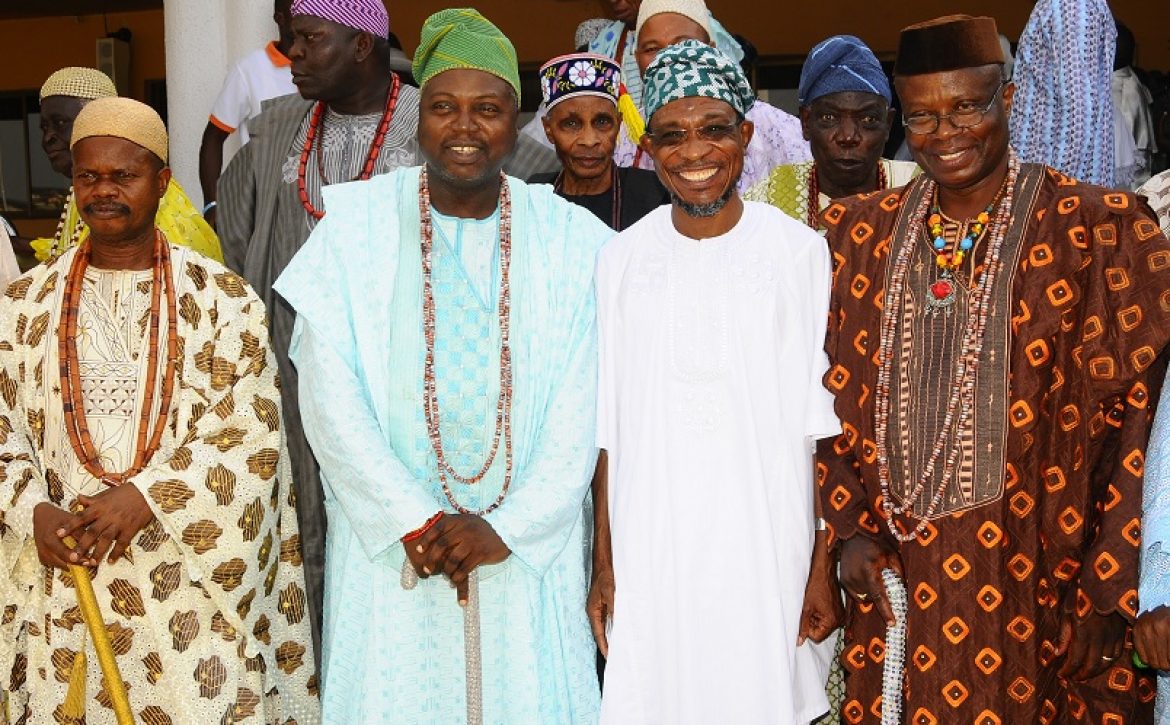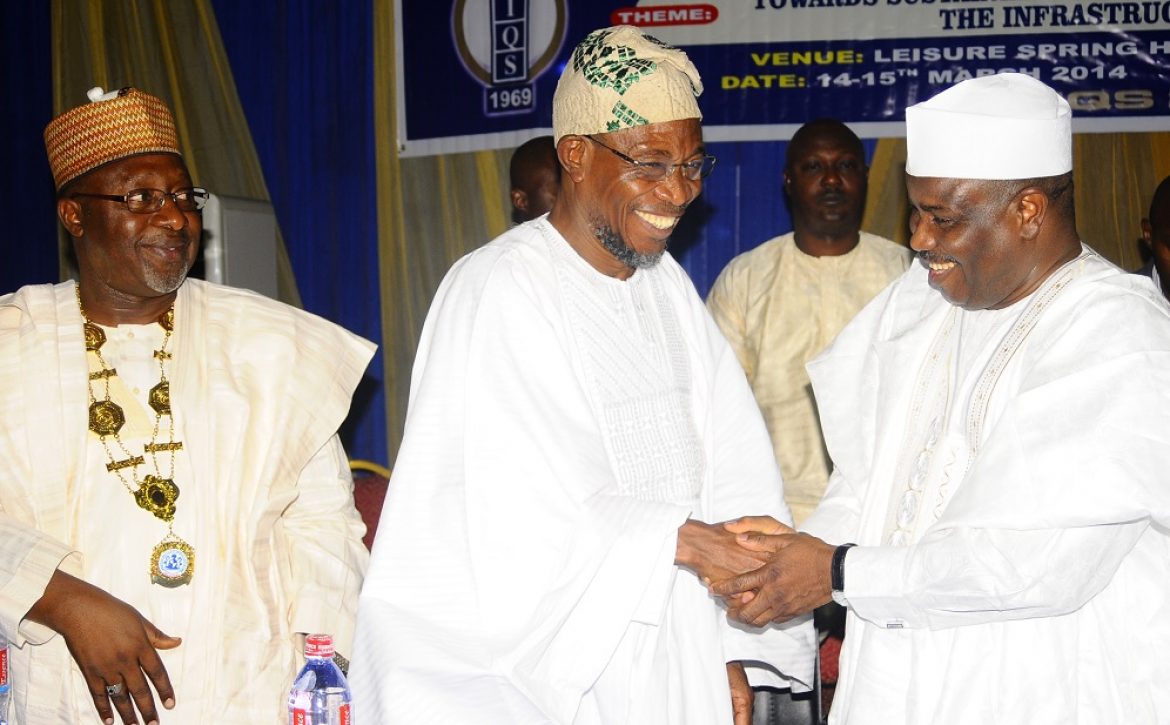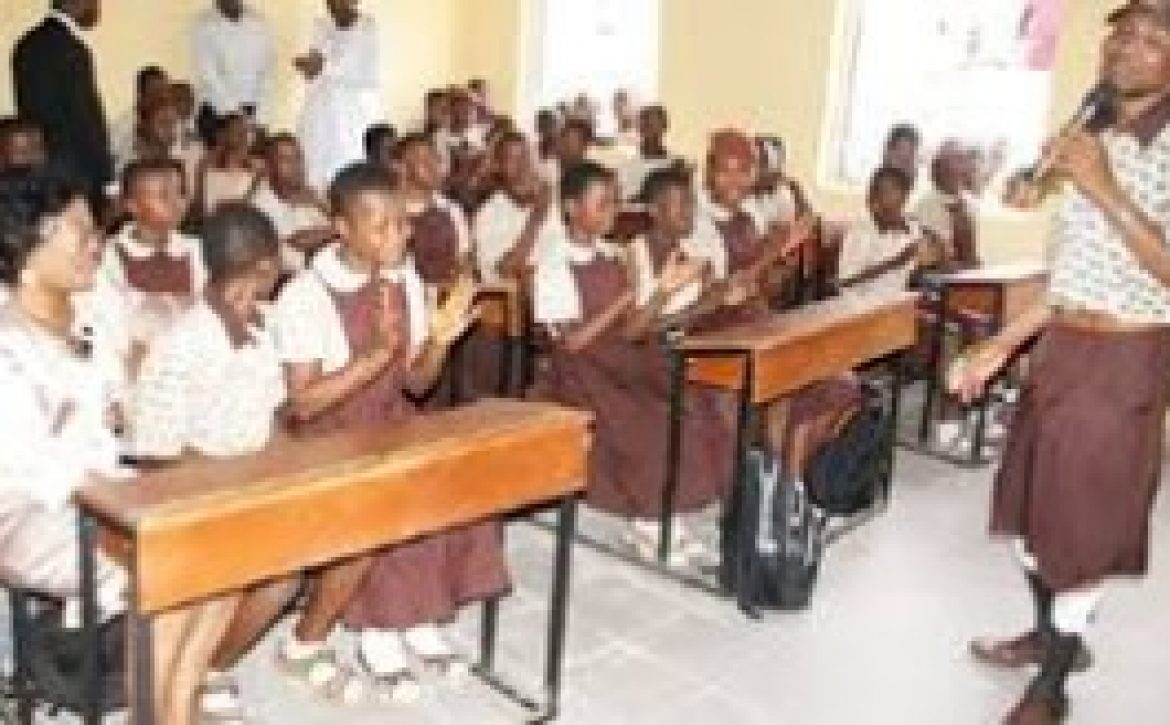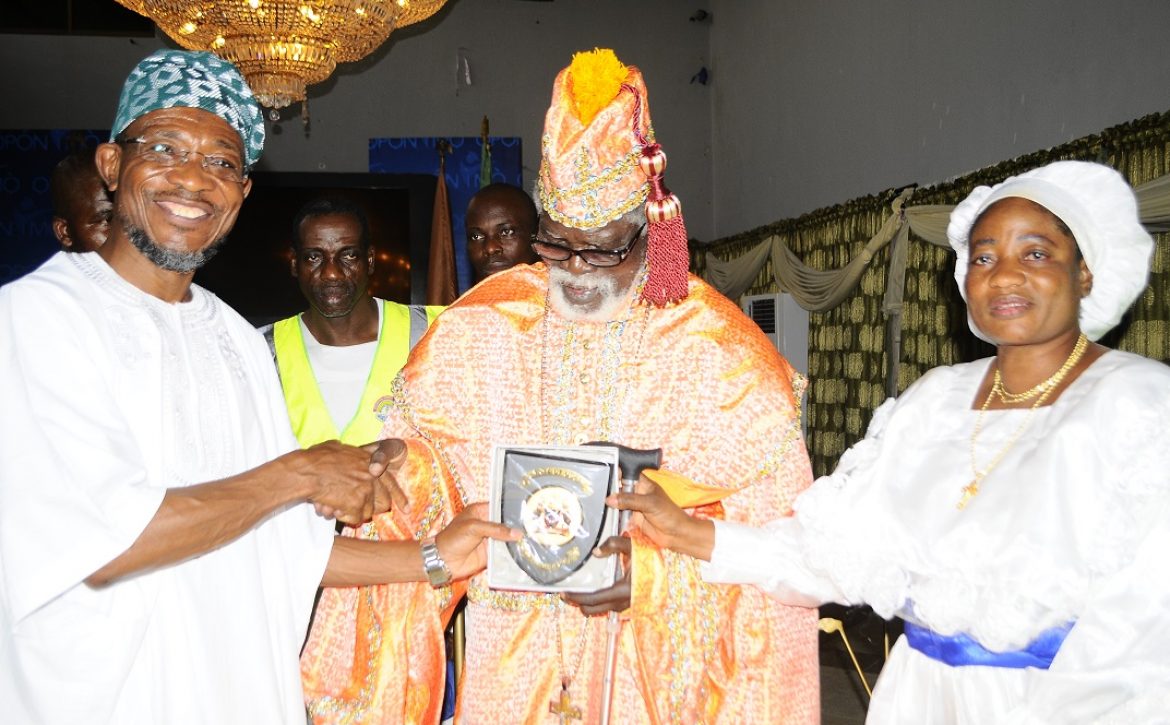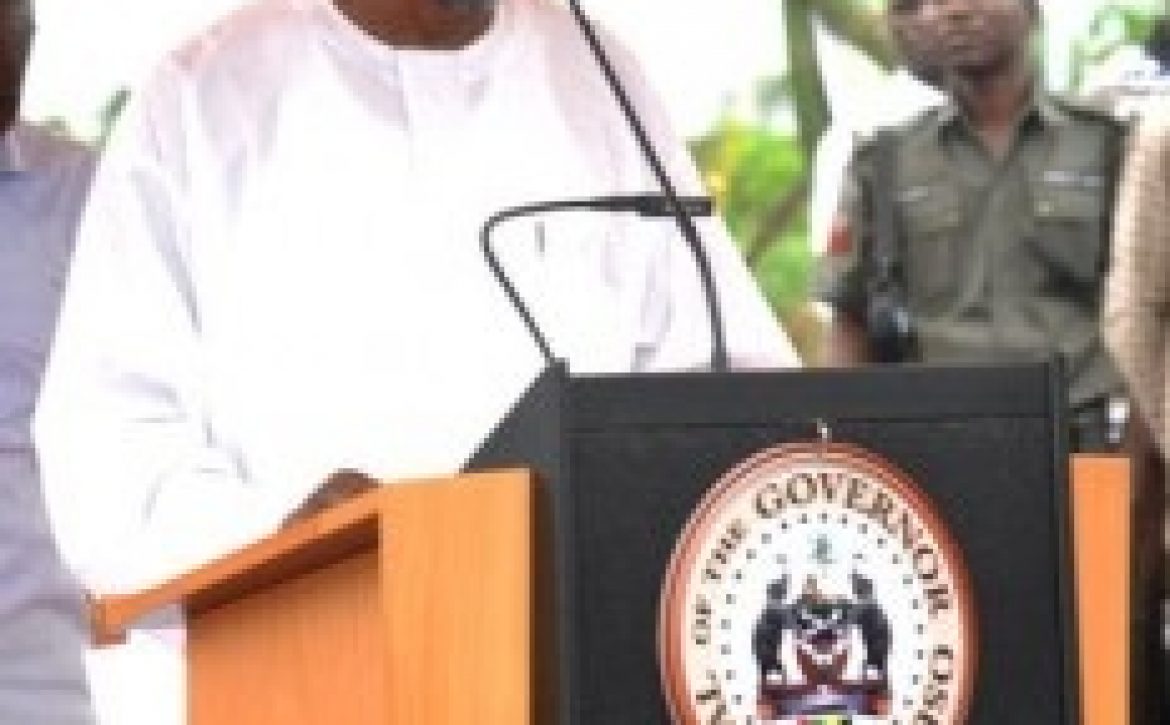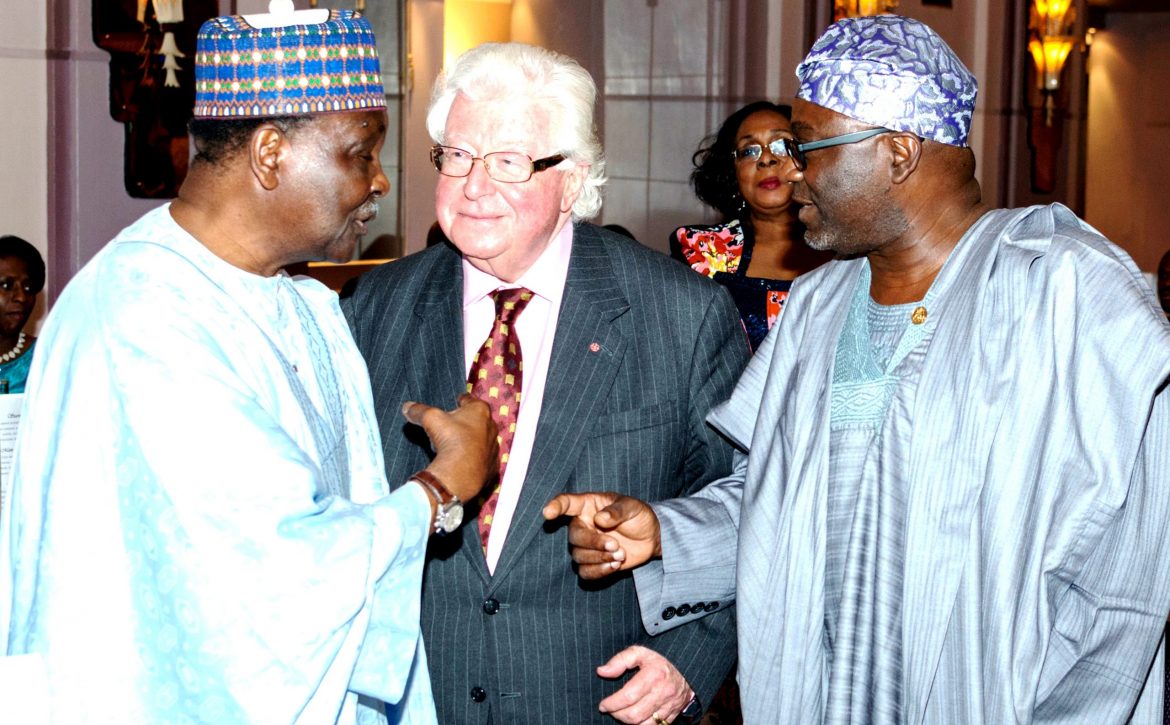
The state of Osun is on the verge of industrialisation with a formal plan of the construction of five modern mechanic villages worth N5 Billion in the state.
Governor Rauf Aregbesola disclosed this Thursday (yesterday) in Osogbo when members of National Automobile and Technician Association of Nigeria, Osogbo and Olorunda chapter gathered to publicly declare their unflinching support for the governor’s second term ambition.
As part of the industrialisation effort of his administration, Governor Aregbesola disclosed that arrangements have been concluded to build 5 ultra modern mechanic villages in various locations across the state.
The planned mechanic villages arrangement is in collaboration with a Neitherlands company, Rebe Group and the National Automobile Council. Eleven of such is actually approved for the entire country out of which five will be established in Osun.
Aregbesola said the five ultra modern mechanic villages which can also be described as auto cities will begin operations this year and will be located in Osogbo, Ile-Ife, Ikirun, Ilesa and Iwo.
The Osun governor added that a mechatronic village will be established at the premises of the Osun State College of Technology, Esa Oke for the training of NATA members on modern ways of automobile repairs.
“The mechatronic village will cost us N1 Billion and will be manned by a team of 30 engineers who are already undergoing training on modern day automobile repair in Germany.
Governor Aregbesola marked out NATA as a strong pillar behind the economic growth of the state and “they always cooperate with government to move the state forward”.
On the open expression of support for his second term ambition, he said his “administration is spiked to continue to strive to move the state forward with the realisation of people like members of the association supporting government.
“Thus endorsement is a huge sign that members of NATA and the state at large appreciates the good governance which the state is presently enjoying”, Aregbesola said.
The occasion was ecstatic as governor Aregbesola spurred members of the association as well huge members of the public who graced the occasion at the Mandela freedom Park, Osogbo. The people chorused and danced to several songs that the governor occasionally introduced as he addressed the people. The occasion was indeed an expression of popularity and general acceptance.
OSUN DEFENDER
 Osun State chapter of the All Progressives Congress (APC) on Wednesday said that no governor in the history of the state had empowered the people more than the administration of Governor Rauf Aregbesola.
Osun State chapter of the All Progressives Congress (APC) on Wednesday said that no governor in the history of the state had empowered the people more than the administration of Governor Rauf Aregbesola.In a statement issued in Osogbo by its Director of Publicity and Strategy, Mr. Kunle Oyatomi, APC said allegation by the Peoples Democratic Party (PDP) that Aregbesola’s administration had not done enough to empower the people should be ignored.
But the PDP said Osun people were the ones complaining and not APC.
The PDP said if the ruling party had done enough to empower the people, it would not have demonstrated aggressiveness to campaign to the same people.
Speaking through its Director of Media and Publicity, Prince Diran Odeyemi, PDP said the accusation that it was spreading rumour about Aregbesola was “a sign that the current administration is panicking about the fate that await it on August 9 when people of the state will speak with their votes.”
The APC, however, claimed that Aregbesola had not only stopped fraudulent access to public funds which the party claimed was hallmark of PDP administration, it added that since Osun was created, no governor had done as much as Aregbesola to empower citizens legitimately.
The APC said: “People in their thousands are now engaging in business profitably like they never did since 2003. This has resulted in increased banking activities, which was acknowledged recently by the Central Bank of Nigeria (CBN) manager.
“When the question of empowerment is raised in Nigeria today, Aregbesola occupies prime position because his administration’s programmes were designed to empower the people and are now being replicated throughout the country.


